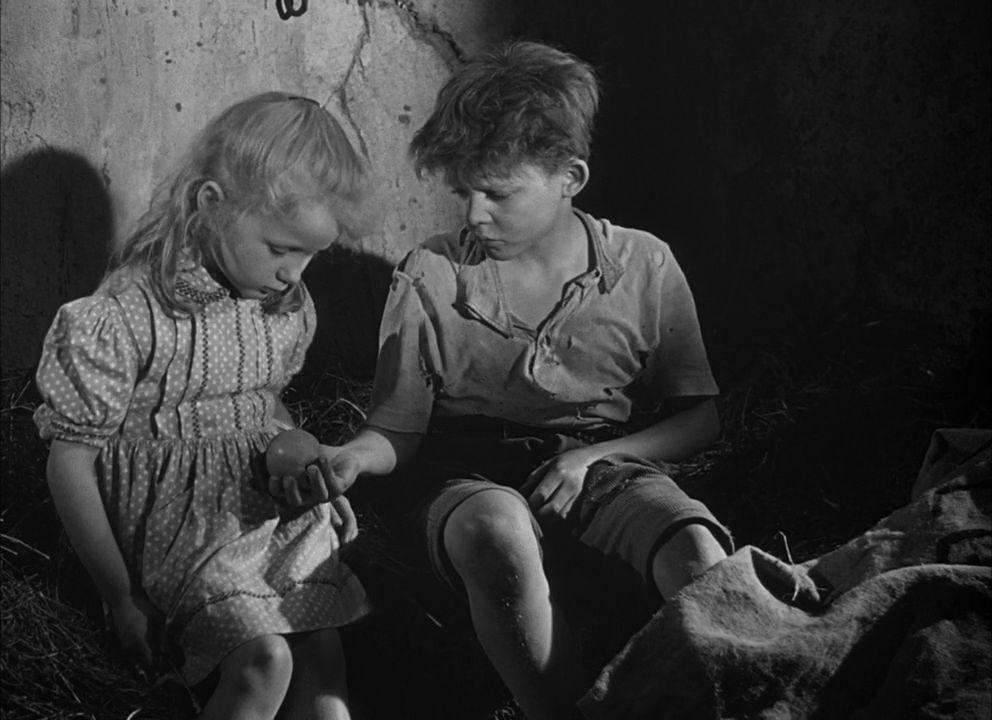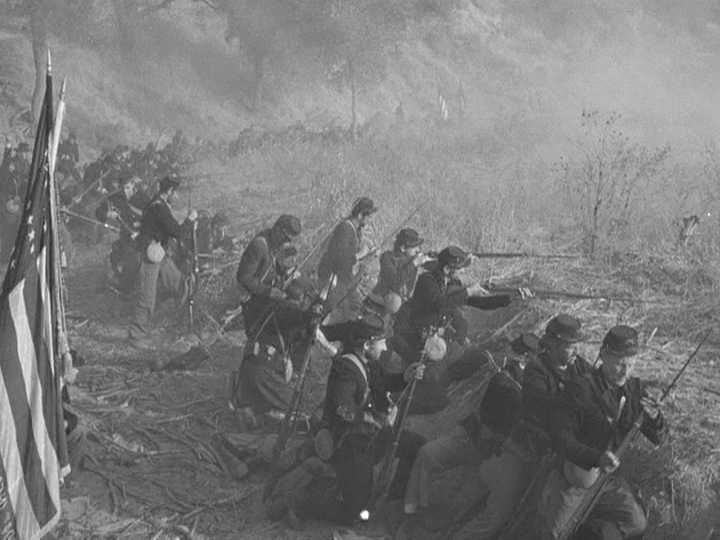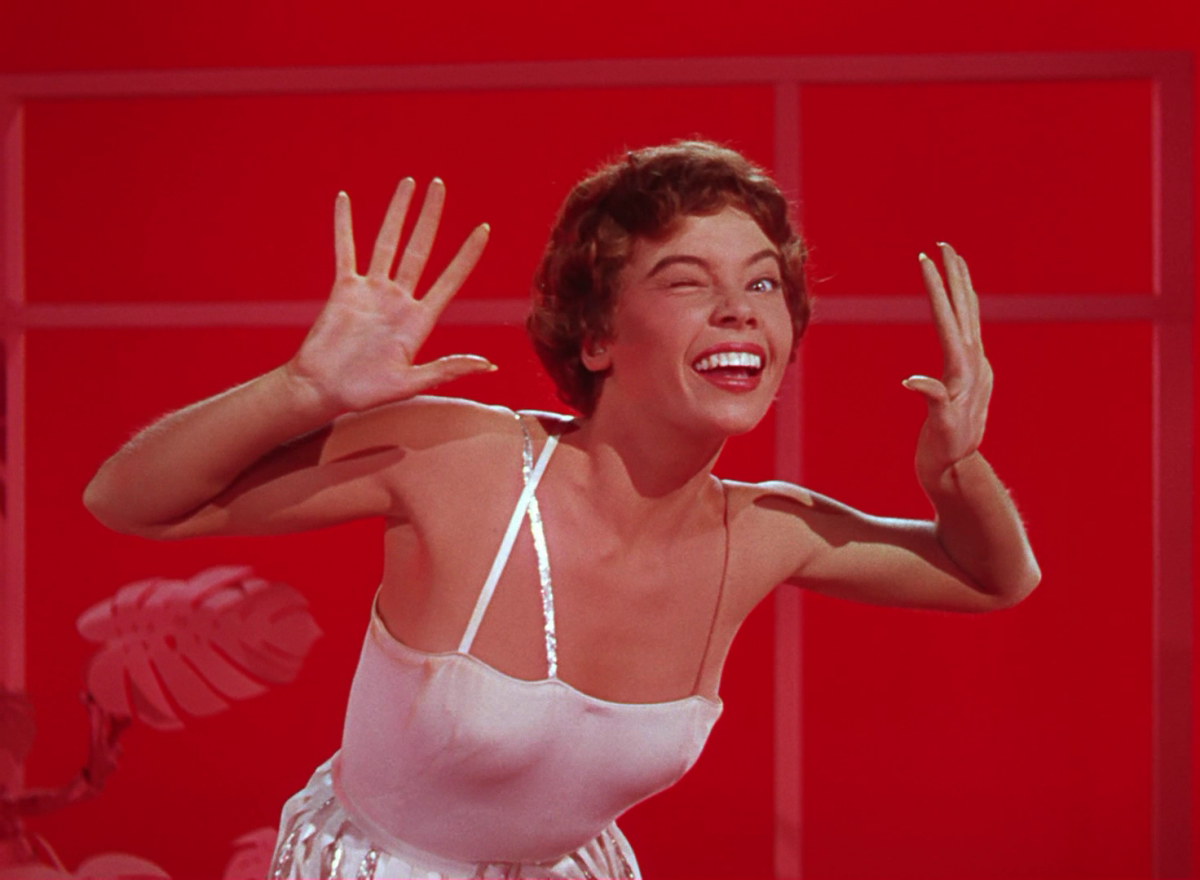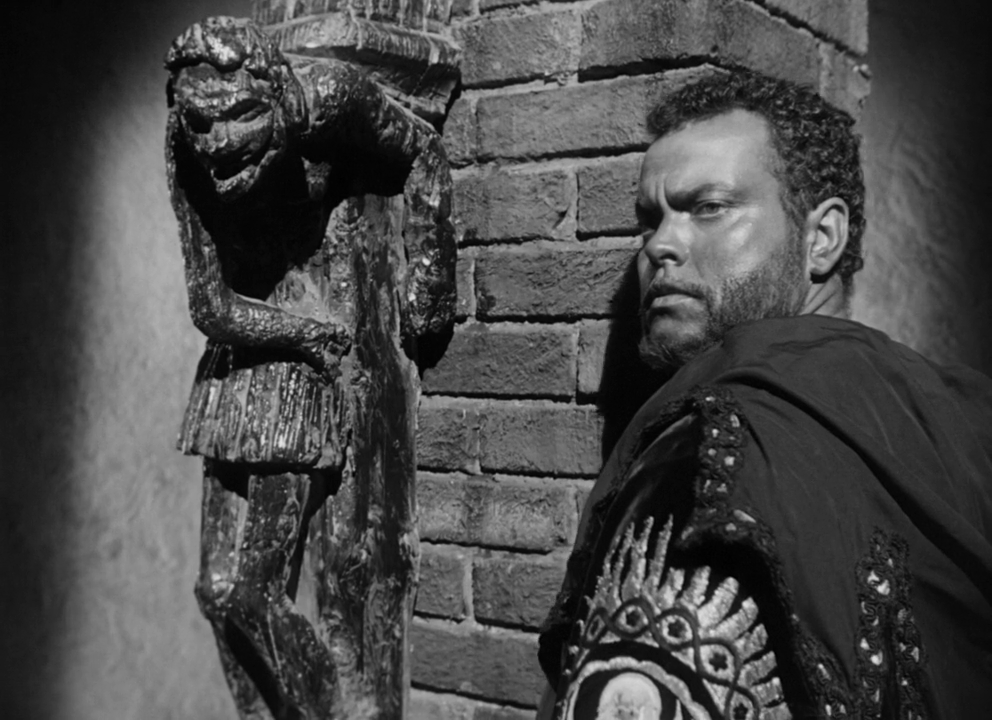Reflections on a Festival
On the occasion of Éditions Macula’s recent edition of the collected works of André Bazin (1918-1958), Sabzian will publish nine texts written by the French film critic between 1947 and 1957, both in the original French version and the Dutch and English translations. Bazin is sometimes called “the inventor of film criticism”. Entire generations of film critics and filmmakers, especially those associated with the Nouvelle Vague, are indebted to his writings on film. Bazin wasn’t a critic in the classical sense. François Truffaut regarded him as an “écrivain de cinéma” [“cinema writer”], who sought to describe films rather than judge them. For Jean-Luc Godard, Bazin was a “filmmaker who did not make films but who made cinema by talking about it, like a pedlar”. In the preface to Bazin’s What Is Cinema?, Jean Renoir went one step further by describing Bazin as the one who “gave the patent or royalty to the cinema just as the poets of the past had crowned their kings”. Bazin began writing about film in 1943 and founded the legendary film magazine Cahiers du Cinéma in 1951, alongside Jacques Doniol-Valcroze and Joseph-Marie Lo Duca. He was known for his plea for realism as a crucial cinema operator. Film opens a “window on the world”, according to Bazin. His writings would also be important for the development of the auteur theory. He was an editor of Cahiers until his death.

The Cannes Film Festival will have ended in a different atmosphere than I described last week. Cinematographic passions have finally found a way to become heated. Better late than never! I also consider it a paradoxical effect of fatigue, or rather, of the nervous exhaustion the survivors found themselves in: suddenly, six or seven days before the end, the pace accelerated, the receptions and press conferences multiplied, the official screenings were supplemented with more and more non-festival screenings, which experience had shown that they were often worth it. We even owe them the great scandal that fueled conversations on Saturday: the absence of Forbidden Games [Jeux interdits] from the official selection. One wonders by what aberration this René Clément film – perhaps his best – could have been rejected by the selection committee. We know that we were entitled to four films and that we were only presented with three for lack of a sufficient majority to decide between Don Camillo and Forbidden Games. The hesitation alone is surprising. In any case, it would have been better to include the films by Duvivier and Clément and to eliminate Fanfan la Tulipe, which had already made a career for itself and which, from what I was told, the producer himself did not want to present at Cannes. I think highly of Three Women [Trois femmes], but from the perspective of the festival, I have to say that Forbidden Games and Don Camillo (a film I don’t really like) would have been more successful. And Don Camillo, which has been a resounding success in Italy for several weeks, can hardly go to Venice, where Three Women, in turn, would have been in its place. I do not like Becker’s Casque d’or either, but all the foreign critics are shocked by its absence. In short, the French selection was far from the most effective one to defend our colours.
But, ultimately, there is a comforting aspect to these errors. At least they show that the French production of 1951 was of a much higher quality than that of 1950. Our embarrassment last year when choosing the four best films was not for an excess of quality.

The relative weakness of the French selection allowed Italy to win the award for best national selection. They well deserved it. This award partly redeems the injustice done to The Overcoat [Il cappottto] and to Umberto D. Umberto D. was undoubtedly harmed by De Sica’s glory, a Grand Prix regular. It would have been a more deserving winner of the scenario prize than the charming but commercial Cops and Robbers [Guardie e ladri]. As for The Overcoat, its absence is the most important injustice of the entire list. It is Alberto Lattuada’s best film to date, based on a skillful transposition of Gogol’s tale. It deserved, if not the Grand Prix, at least the award for best director. And if William Wyler had been awarded the prize for best director for Detective Story, it would have at the very least been possible to draw attention to The Overcoat with an award for best actor for Rascel, the protagonist of the film. That would at once have rectified the balance in favour of America, which is now undeniably wronged by the award list. The three American films were indeed disappointing in various ways. But they were not without qualities, at least formally. It seems to me that the jury, more or less consciously, fell prey to a guilt complex. For fear of being accused of pro-American bias, they clearly disadvantaged the Americans. You will not be surprised to hear that Mr. Eric Johnston, who came to Cannes to talk about the revision of the French-American agreements, was not happy. But the Americans could also blame it on themselves. Six years of experience still haven’t taught them what a festival film is. They persist in sending in their luxurious productions, hoping to combine quality and commerce. Unsurprisingly, the Italian, Swedish or Patagonian outsiders regularly come out ahead of them. During the last week of April, John Huston’s penultimate film, The Red Badge of Courage, which has not even been released in Paris, went unnoticed in a commercial cinema in Cannes because the distributor “doesn’t believe in it”. Now, The Red Badge of Courage is certainly the best American film one “could see” in Cannes. Unless I’m mistaken, it was never sent to any festival. Even so, it would have been better to award the Prix de la couleur to An American in Paris instead of squandering it on the fake avant-garde English short film Animated Genesis. Besides, the English made for the biggest disappointment of this festival. I hope their selection does not actually reflect their productions from last year.
![(3) Il cappotto [The Overcoat] (Alberto Lattuada, 1952) (3) Il cappotto [The Overcoat] (Alberto Lattuada, 1952)](/sites/default/files/Lattuada_Alberto%201952%20Il%20cappotto_00006.png)
I also regret the absence on the award list of Luis Buñuel’s Ascent to Heaven [Subida al cielo]. A strange film, unfortunately done a disservice to by a total indifference to the dramatic and technical découpage. The jury probably didn’t dare to award such a “badly made” film. However, this work is no less worthy of Buñuel than Los olvidados, and the fact that his poetic inspiration is expressed in an almost burlesque mode for the first time is not its only originality.
Finally, I could never finish this review of the award winners without saying a few words on Orson Welles’s Othello. The decision of the jury to award a joint Grand Prix to Othello and Two Cents Worth of Hope [Deux sous d’espoir] was widely booed, especially by the attending critics. Upon leaving, I was almost the only one, together with Doniol-Valcroze, to defend the film; I feel, therefore, even more at ease when I say that the Grand Prix does not seem to me to correspond either to its qualities or to its faults, for which the “Special Jury Prize”, on the other hand, would have fitted like a glove. While waiting for a more detailed critique, I will say that I admire in Othello the way in which Orson Welles was able to take advantage of the natural setting – Venice and especially the castle of Mogador – in absolute contrast to the constructed décor of Macbeth. Thanks to the framing and editing, Welles recreated from nothing, from a given architecture, a dramatic universe in keeping with Shakespearean poetry, both as open as the Universe and as virtually closed as the theatre stage. In terms of interpretation, on the other hand, Othello seems less satisfactory to me than Macbeth.

Let us summarize the impressions of this fifth Cannes Film Festival and try to draw some constructive lessons from it. Overall, it was disappointing, but the atmosphere warmed up in the second half for the simple reason that there were better films there, both in and out of competition. The conclusion is simple: a festival is interesting in proportion to the quality of the films that are presented. It is unacceptable that, on the pretext of welcoming participants from all candidate countries, half of the screened films were below the most mediocre commercial level in Western Europe. Yet, I will not be the last to admit that a Hindu or Egyptian melodrama is of documentary interest for film specialists and that it is advisable to seize the opportunity and gain an objective view of the global film production. But can’t we semi-officialize the already widespread practice of screenings in the margins? The Immortal Song [Amar Bhoopali] would no longer take the place of Forbidden Games, but those who are curious could watch it in the morning, in the small “B-series” theatre. The eviction of productions that do not reach a certain standard obviously poses a delicate problem: that of the preselection. Should it be international? Either way, we must find a way to filter the festival programme if we do not want to see it collapse under the weight of mediocrity and boredom.`

This text was originally published as ‘Réflexions sur un Festival’ in L’Observateur, 105 (15 May 1952) and recently in Hervé Joubert-Laurencin, ed., André Bazin. Écrits complets (Paris: Macula, 2018).
With thanks to Yan Le Borgne.
© Éditions Macula, 2018
Image (1) from Jeux interdits (René Clément, 1952)
Image (2) from The Red Badge of Courage (John Huston, 1951)
Image (3) from Il cappotto [The Overcoat] (Alberto Lattuada, 1952)
Image (4) from An American in Paris (Vincente Minnelli, 1952)
Image (5) from The Tragedy of Othello: The Moor of Venice (Orson Welles, 1951)

